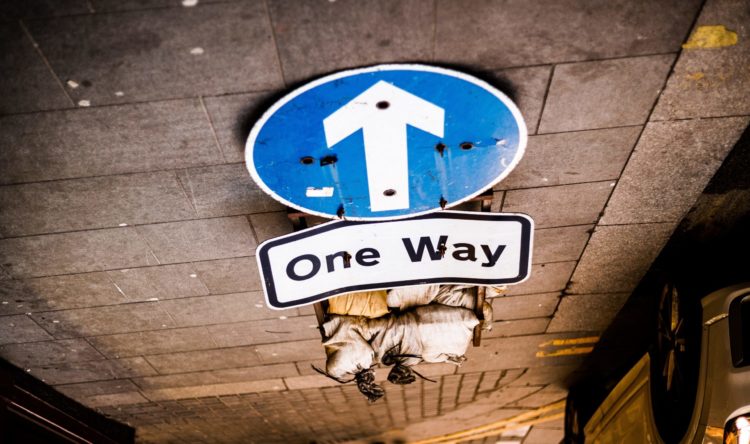Graduated licencing needs to be taken seriously, says leading insurer
Admiral has welcomed the news that Graduated Driver Licensing is back on the Government’s agenda
- Drivers under 25 have a claim rate that is 27% higher than older drivers
- Graduated licencing would place some restrictions on new drivers
- Hong Kong has introduced graduated licencing and seen drop in accident rates
- Admiral report investigates challenges facing young drivers
Car insurance expert Admiral has called for more to be done to help young drivers get on the road and stay safe behind the wheel as part of its latest report on motorists under the age of 25 to highlight the challenges they’re facing.
Admiral Group CEO, David Stevens said in the young driver report that graduated licencing is “something we need to seriously consider to ensure young drivers are road ready.”
The objective of graduated licencing is to reduce the number of newly qualified young drivers from having serious accidents and it’s something supported by the Association of British Insurers.
Young drivers more prone to accidents on the road
Unfortunately, young drivers are involved in more accidents than drivers of other ages.
When it comes to claiming on insurance, the claim rate for young drivers is 27% higher than for drivers over 25.
Admiral data shows that one in five accidents involving young drivers results in an injury claim and that 30% of all injury claims involve a driver aged under 25.
Young drivers are involved in a significant number of write-offs too. Around a sixth (16%) of write-offs from Admiral drivers in 2018 were attributable to drivers between the ages of 17 and 24, with an average car valuation of £3,740.
According to data from the Department for Transport, and based on the number of miles covered, young drivers were in five times more collisions in England in 2016 than those aged 66-70 years old.
What does graduated licensing do?
Graduated licencing delays a full licence for newly qualified drivers until they get more experience with a number of rules such as having a minimum 12-month learning period before the test, restrictions on the number of passengers a young driver can carry for the first six month, and the time of day they can drive.
Some countries have already introduced graduated licencing, including South Africa and Hong Kong, with the latter seeing the number of road traffic casualties fall in the 20-24 age bracket.
David Stevens, CEO of the Admiral Group is keen to see more innovation for young drivers to make it easier, and safer for them to get behind the wheel. He says: “Young drivers often need to be able to drive to access the educational and employment opportunities that are vital to their future success, but the cost of motoring for young drivers can be prohibitive.
“It’s also important that the way that young drivers learn and are tested continues to adapt to better reflect modern motoring. At the end of 2017, the driving test underwent various changes, including an independent driving section where drivers are required to follow instructions from a satnav, rather than the driving instructor.
“This is welcome, but we need to continue to look at how we learn to drive and those early months on the road to make sure it remains the best way to prepare a young driver for being on the road alone.
“Graduated licencing, where a young driver gains 6 months’ experience before being allowed to drive at night or have peers in the car with them, is something we need to seriously consider to ensure young drivers are road ready. We know that young drivers will often drive with their friends as passengers and the more passengers you have, the higher the likelihood of a crash. Inexperienced drivers can find passengers a real distraction at a time when they need maximum concentration. I’m keen to see more discussion around supporting young drivers to get on the roads and once they are there, stay safe on the roads.”
Check out the full report into young drivers.




